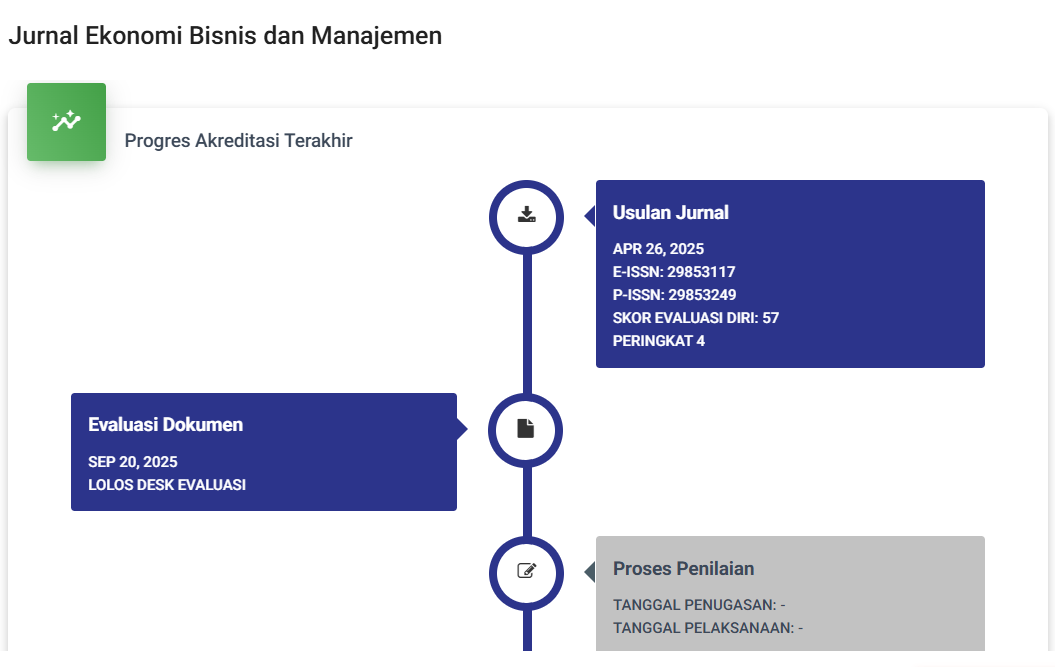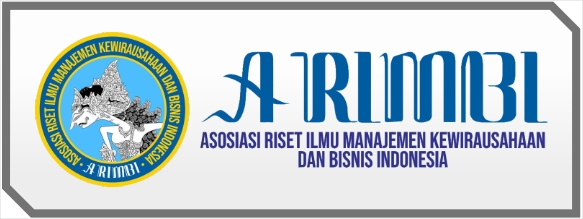PEMAHAMAN KONSEPTUAL DAN IMPLIKASI RIBA DARI PERSPEKTIF EKONOMI SYARIAH
DOI:
https://doi.org/10.59024/jise.v2i2.688Keywords:
Riba, Interest, Islamic Economics, Sharia Law, Profit-SharingAbstract
Conceptual understanding of riba and its influence in Islamic economics is an important subject in the context of Islamic finance. This research highlights the conceptual understanding of riba and its implications from the perspective of Islamic economics. Through a literature review approach, this article explores various views and arguments related to riba in Islam and Islamic economics. The analysis in this article underscores the need for a deep understanding of riba in the context of Islamic economics. Through this approach, policies can be formulated to promote principles of justice, equality, and sustainability in the Islamic financial system. Practical implications include profit-sharing systems such as mudharabah and musyarakah being used to replace riba practices, ensuring fairness and equality among parties involved in transactions. Additionally, a deeper understanding of Sharia economics and strict supervision of riba practices in the financial sector are crucial to assist individuals and institutions in managing finances in accordance with Islamic law. In conclusion, the conceptual understanding of riba and its influence from the perspective of Islamic economics is an important aspect in building a financial system that aligns with Islamic principles. By understanding the implications of riba, society can take more sustainable and equitable steps in developing Sharia-based economies.
References
Ahyani, H. (2021). Perspektif Ekonomi Syariah Di Indonesia Tentang Riba, Bunga Bank, dan Bagi Hasil. Jurnal Ekonomi Syariah, 6(1), 28–50.
Ahyar, M. K. (2017). LITERASI KEUANGAN SYARIAH DALAM KONTEKS PONDOK MODERN (STUDI KASUS PONDOK MODERN ASY-SYIFA
BALIKPAPAN) [Institut Agama Islam Negeri Surakarta].
https://core.ac.uk/download/pdf/296471148.pdf
Azizah, M., & Hariyanto. (2021). Implementasi Etika Bisnis Islam terhadap
Konsep Green Economics. Supremasi Hukum: Jurnal Kajian Ilmu Hukum, 10(2), 237–252. https://doi.org/10.14421/sh.v10i2.2392
Badruzaman, D. (2019). RIBA DALAM PERSPEKTIF KEUANGAN ISLAM. Al Amwal, 1(2).
Budiantoro, R. A., Sasmita, R. N., & Widiastuti, T. (2018). Sistem Ekonomi
(Islam) dan Pelarangan Riba dalam Perspektif Historis. Jurnal Ilmiah Ekonomi Islam, 4(01). https://doi.org/10.29040/jiei.v4i1.138
Efendi, R., & Thamrin, H. (2021). Pembiayaan Murabahah di PT. Federal International Finance Syariah Pekanbaru. Jurnal Tabarru’: Islamic Bangking and Finance, 4(1).
Fauziah, Rahman, M., Abidin, M. Z., Syakarna, N. F., Misno, Affandy, F. F.,
Octaviani, R., ’Afif, R., Sari, L. P., Albanjari, F. R., Hidayat, M. R., & Priyono, S. (2022). EKONOMI SYARIAH (S. A. Riyadi, Ed.). Penerbit Media Sains Indonesia.
Gani, A. A., & Budiman, B. (2023). STUDI KUANTITATIF PEMAHAMAN
KONSEP RIBA MELALUI LATAR BELAKANG PENDIDIKAN DAN
LITERASI EKONOMI SYARIAH. Finansha: Journal of Sharia Financial
Management, 4(1), 51–64. https://doi.org/10.15575/fjsfm.v4i1.26360
Kalsum, U. (2014). RIBA DAN BUNGA BANK DALAM ISLAM (ANALISIS HUKUM DAN DAMPAKNYA TERHADAP PEREKONOMIAN UMAT).
Jurnal Al-’Adl, 7(2), 67–83.
https://doi.org/http://dx.doi.org/10.31332/aladl.v7i2.220
Kartika, D., & Oktafia, R. (2021). IMPLEMENTASI STRATEGI DALAM
PENANGANAN PEMBIAYAAN MURABAHAH BERMASALAH PADA
KSPPS AL-MUBAROK SIDOARJO. Jurnal Tabarru’ : Islamic Banking and Finance, 4(1), 127–138.
Komarudin, P., & Hidayat, M. R. (2020). INTEGRASI LITERASI EKONOMI SYARIAH DALAM MATA KULIAH PENDIDIKAN AGAMA ISLAM. Jurnal Ekonomi Syariah Dan Hukum Ekonomi Syariah, 6(1), 1–18.
Downloads
Published
How to Cite
Issue
Section
License
Copyright (c) 2024 JURNAL EKONOMI BISNIS DAN MANAJEMEN

This work is licensed under a Creative Commons Attribution-ShareAlike 4.0 International License.




















